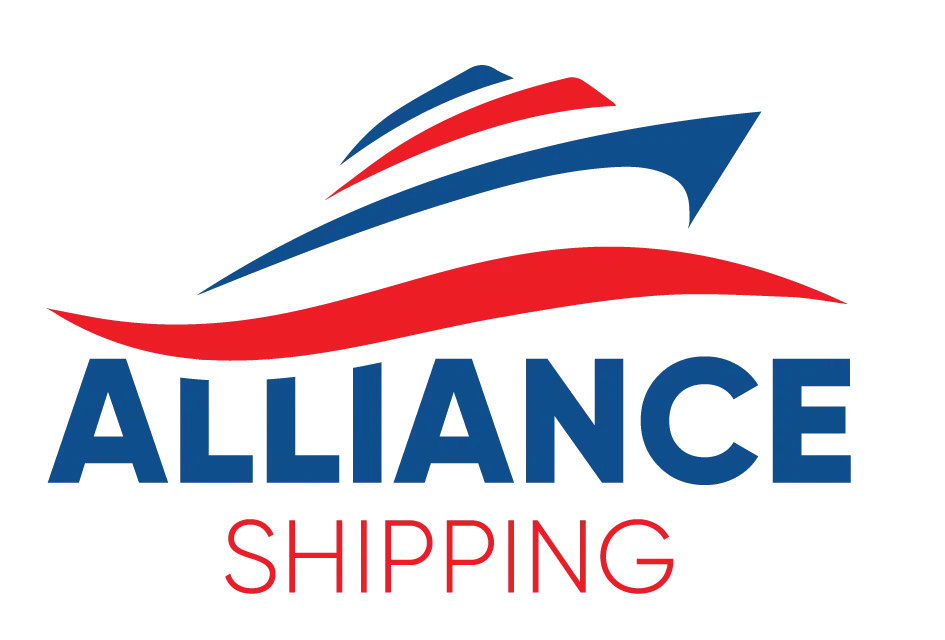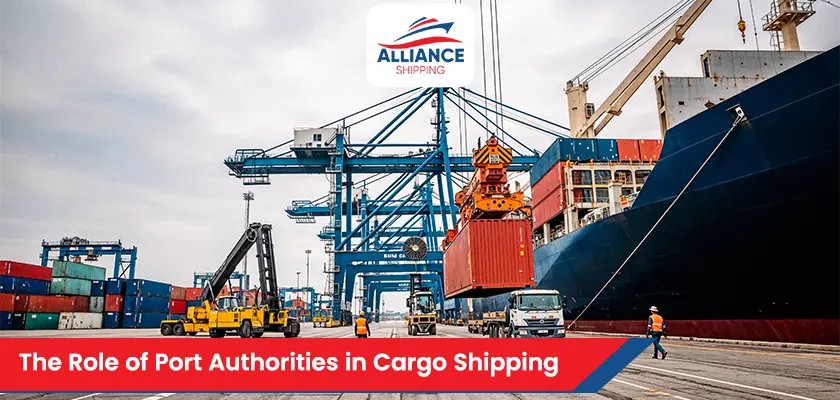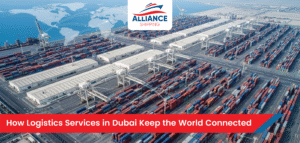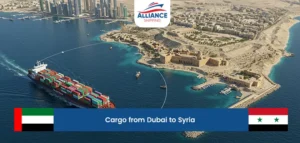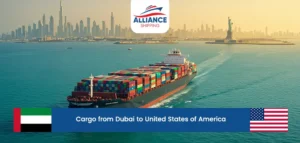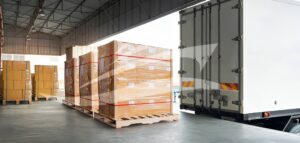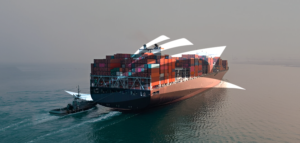When cargo shipping comes to mind, we imagine massive ships that transport containers across the seas. However, behind every successful operation at a harbor, there is a team that makes sure that things operate as intended – the port authority. Port authorities have a far bigger part in cargo shipping than people may know, which is the management of ships that go in and out. They also serve as the interface between the governments, shipping companies, workers, and the local communities. Without them, ports would not function in an organized way, and global trade would face serious delays.
In this guide, we’ll explore what port authorities actually do, how they make shipping safer and faster, and why they are essential for both international trade and local economies.
Who Are Port Authorities and Why Do They Matter?
In its simplest form, a port authority is an entity that runs and governs the actions of a seaport. Imagine them as the operators of a busy airport, except that they are dealing with ships and cargo. Their primary intent consists of keeping the goods moving safely, rapidly, and in an efficient manner.
The role of port authorities in cargo shipping starts with infrastructure. They ensure that they are prepared to receive ships of various dimensions by ensuring that docks, cranes, storage yards, and terminals are available. Without this regulation in ports, ships would be delayed significantly, and items such as food, medicine, or electronics would take longer before being delivered to the people.
The authorities also determine the utilization of the space in the port side. They subdivide portions of the port to third party commercially run operators who process particular types of shipments, e.g., cars, containers, or oil. This will result in a well-running port and better planning of businesses.
Besides the movement of the cargo, they also enact safety regulations. Ports are vulnerable areas where there is heavy equipment, vessels, and people day and night. Port authorities ensure safety standards are upheld in order to avoid accidents. They also collaborate with customs in denying illegal goods from entering or leaving a country.
Briefly, port authorities are not only managers. They are decision-makers who ensure efficiency in the trade without compromising on safety and the national duty, as well as without halting the flow of global trade.
How Do Port Authorities Support Cargo Shipping Operations?
What do port authorities do in shipping cargo? Port authorities have both practical and strategic roles to play in the shipping of cargo. They control the traffic of vessels on the ground. This involves planning the arrival and departure of ships to ensure there are no crowds of ships in the port at the same time. Suppose we take five ships getting in together without any orders- there will be confusion like in traffic jams on highways.
One more duty is cargo flow. After the goods are offloaded from a ship, they should be switched to trucks, trains, or warehouses in a short time. Port officials design systems that minimize the waiting lines and potential chokepoints. As an example, they can utilise electronic channels to monitor the position of containers, thereby assisting logistic firms to retrieve cargo at a quicker pace.
Another important discipline is security. One of the most common points of entry to global trade is the cargo ports, though these ports are also subject to harm posed by smuggling or unsafe goods. Ports put scanning, surveillance cameras, and access controls in place. These preventive measures not only secure the cargo but also those who undertake them, in addition to adjoining communities.
They are also environmental stewards. Ships can also cause pollution by passing over emissions or waste. Port authorities will head toward environmentally friendly practices, which include the use of cleaner fuels and waste management systems to curb pollution to the environment.
By combining planning, safety, and sustainability, port authorities ensure that cargo shipping runs like a well-oiled machine.
The Economic and Global Role of Port Authorities
The purpose of port authorities in the transport of cargo extends beyond the handling of ships and crane use; it has a direct relationship with both the global and local economies. Ports are trade gateways. All containers that come might be carrying raw materials in factories, food in markets, or products in households. An efficient functioning of port authorities ensures that businesses receive their supplies at the right time, industries continue their operation, and consumers get their goods on the shelves without a shortage.
On a macro level, they enable people to trade with one another across continents. A port authority in Southeast Asia will make sure goods are transferred to Europe or Africa. In this respect, they are intangible facilitators of world economies.
Locally, they create jobs and income. Port activity is vital to thousands of people who make their living by being dockworkers, customs officers, and many others. Port authorities also spend on infrastructure, mainly roads, rail links, and storage facilities, all of which are of benefit to the region.
During a crisis, such as a natural disaster or a breakdown of the supply chain, the port authorities influence it as a stabilizing effect. They assist in prioritizing the vital cargo, such as medical supplies, so that communities are facilitated.
This human aspect of their work usually remains unseen, but explains why port authorities are not simply administrative institutions. They are the main facilitators of growth, consolidation, and development in the logistics sector.
Final Thoughts
The role of port authorities in cargo shipping is the invisible driving force within international trade. They provide infrastructure guidance, regulate the traffic of vessels, keep ports secure, and ensure that goods arrive on time for people. In addition, they facilitate economic development, employment, and protect the environment and people.
Port authorities are a key area to learn about as one learns logistics. It is not always seen in everyday life, but every time you purchase imported food, clothes, or other gadgets, they are behind it.
Ultimately, the role of port authorities extends way beyond gaining efficiencies in cargo movements; they must be able to connect people, businesses, and even nations in a manner that keeps the world on the move.
